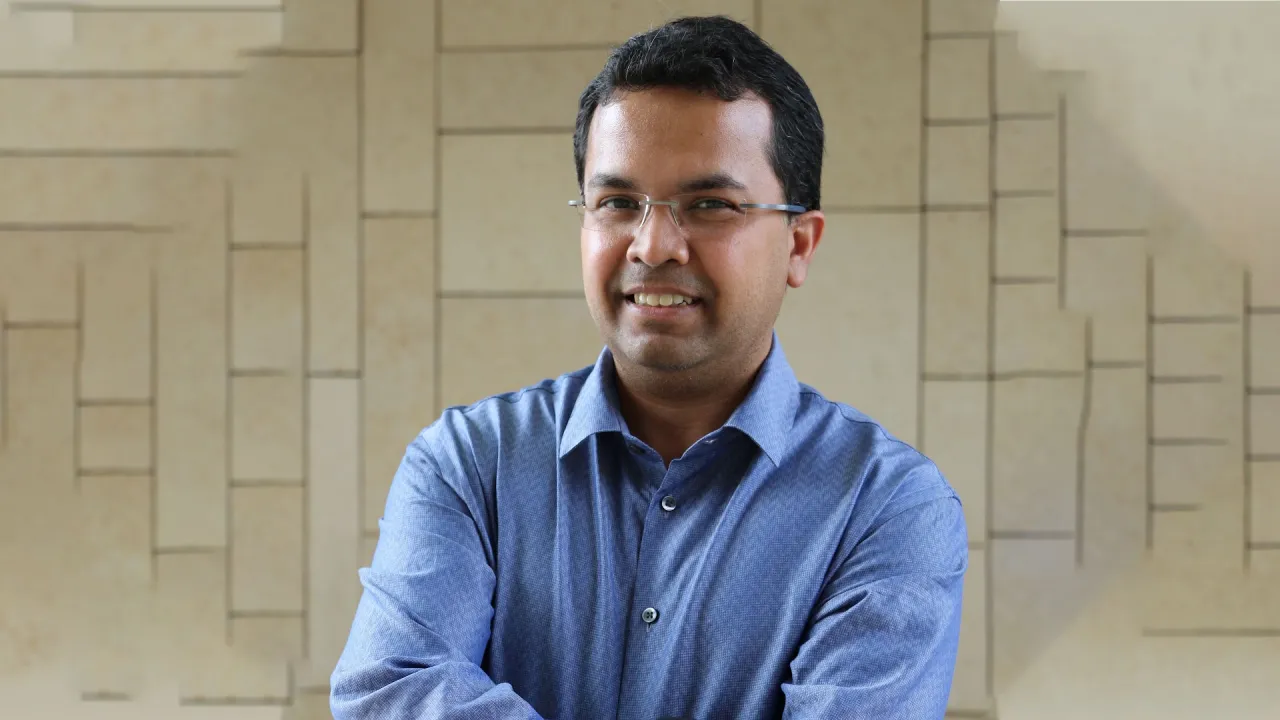
Transforming electronics
KAUST Professor of Electrical Engineering Muhammad Mustafa Hussain was recently elected as an Institute of Electrical and Electronics Engineers (IEEE) Fellow, effective January 1, 2020, for his "contributions to flexible and stretchable electronic circuits," IEEE stated.
About
By David Murphy, KAUST News
KAUST Professor of Electrical Engineering Muhammad Mustafa Hussain was recently elected as an Institute of Electrical and Electronics Engineers (IEEE) Fellow, effective January 1, 2020, for his "contributions to flexible and stretchable electronic circuits," IEEE stated. Hussain joins a select group of recipients, with the total number of Fellows selected in any one year not exceeding 0.1 percent of the institute's total voting membership.
"I feel humbled, honored and happy at the same time [to become a Fellow]," Hussain noted. "I am deeply grateful to my family, my past and present research group members, colleagues and mentors. I am sincerely appreciative of [KAUST] Professor Mohamed-Slim Alouini, as he educated me on the process, which played a critical role in my elevation. Finally, I am especially thankful to the Dean of the University of California, Berkeley College of Engineering, Professor Tsu-Jae King Liu, for nominating me."
Augmenting the quality of life with the technology of tomorrow
Before joining KAUST in 2009, Hussain completed both his master's degree and Ph.D. in solid state electronics in the area of electrical and computer engineering at The University of Texas at Austin. He is currently the principal investigator of the KAUST Futuristic Electronics and Integrated Nanotechnology Lab and is the principal ideator of the KAUST FabLab and vFabLab™.
Hussain focuses his research in the field of transformational electronics, seeking to introduce new applications for web integrated interactive electronics using complementary metal oxide semiconductor (CMOS) compatible processes. In the past, his research focused on using traditionally reliable—but physically rigid—electronic materials for flexible and stretchable electronic applications. As an emerging area of electronic applications, the concept of flexible and stretchable electronics has centered around naturally flexible and stretchable materials that can potentially be used as electronic applications.
"I am deeply passionate about trying new things, and I find that electronics is a great tool for that," Hussain said. "In the last 25 years, we have experienced a profound impact of information technology enabled by CMOS electronics, which are physically rigid. Going forward, we will see more and more integrated CMOS electronic systems as multi-functional Internet of Things/Internet of Everything devices for varied applications ranging from automation, robotics [and] safety to healthcare."
"The ultimate success of these electronics will depend on their cost-effectiveness because, as of today, half of the world's population does not have any access to any of them due to limited affordability," he continued. "Therefore, it is important to keep all these intriguing complexities in mind while designing CMOS electronics for future applications. As a researcher, I focus on all these aspects simultaneously to provide the most comprehensive solution to existing challenges or [to] innovate new applications [that] can significantly augment the quality of our life."
Read the full article